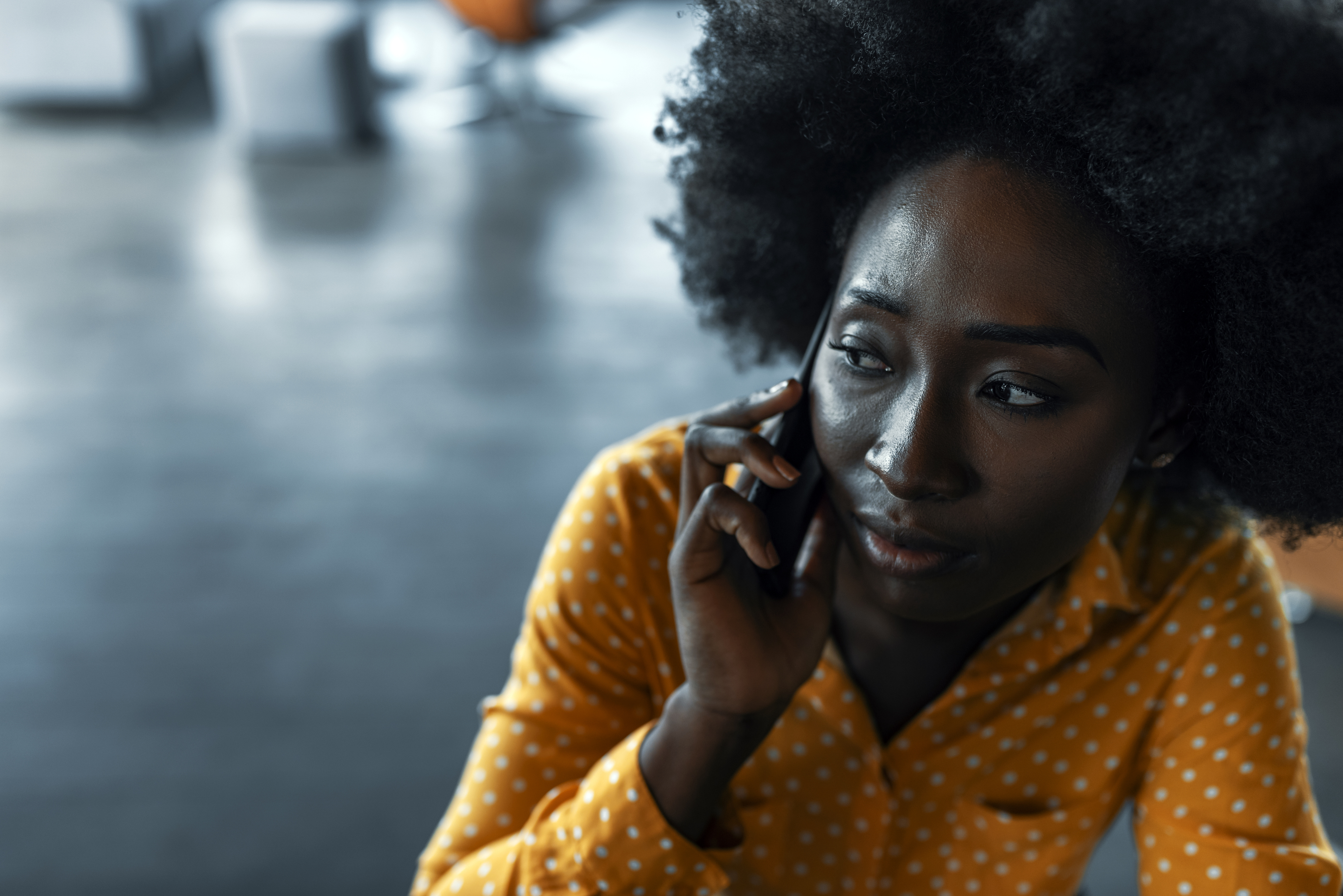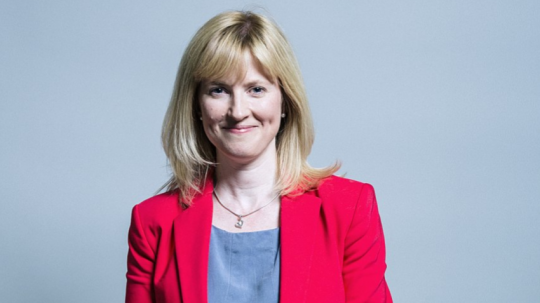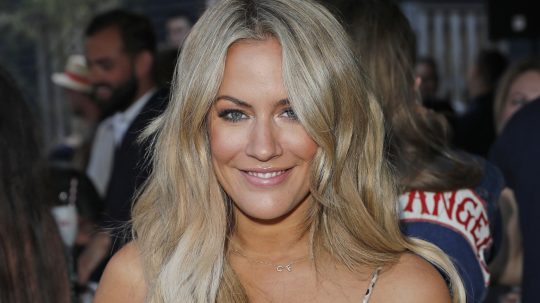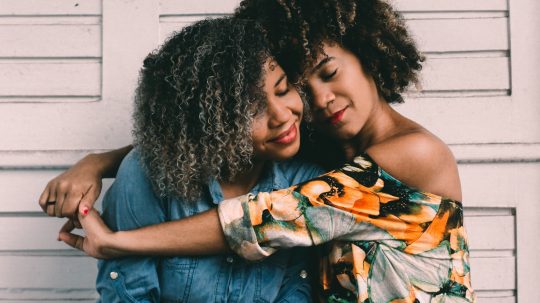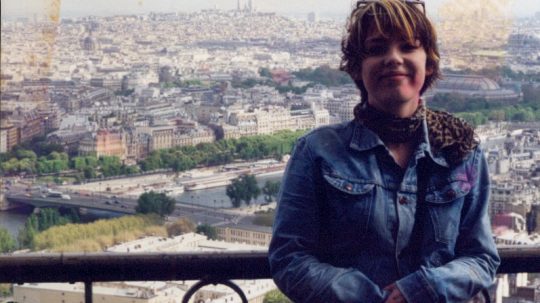Tanya’s domestic abuse story begins long before the fateful attack which would change her life.
She traces it back to her childhood – where she remembers witnessing her dad being violent towards her mum, before she was eventually sent to a boarding school.
“I was quite adamant that any relationship I got in … I felt that I would know how to get out or recognise the signs very quickly of abuse,” she said. “But, in my head, I only had an awareness of physical abuse. So, if someone wasn’t physically abusive, then it wasn’t abuse.”
It is for this reason that she feels one of the key solutions is educating young people to prevent relationships becoming abusive in the first place. “Without education – how are young people going to be functioning in the world without having knowledge of what abuse is like and what is a healthy relationship,” she said.
On Tuesday (3 March 2020), the government reintroduced its Domestic Abuse Bill in Parliament. It will create a legal definition which includes economic abuse and coercive control – forms of abuse which do not involve physical violence.
In retrospect, Francis’ “bullying” nature became apparent early on in their relationship. He would insist on going with her to the GP, the dentist and would exert control over what she attempted to buy with her own money.
She said: “Anytime I did go to the hairdressers … he would be there and even controlling how the hairdresser did my hair.
“The hairdresser just misinterpreted – ‘Oh, doesn’t he adore you and he loves you so much’ – obviously not knowing the fullness of what this is really about.”
I can’t stress how much it takes out of a victim to pick up that phone and call the police.
Tanya Pinnock
It was when Tanya became pregnant that the physical abuse began to start.
She spoke of how her body is covered in injuries from incidents she was too afraid to report to the police – and how she was coerced into using a different name when forced to go to the hospital.
On the occasions when she did report incidents – little happened.
“It was always: ‘We don’t have enough evidence that you know or it doesn’t meet the threshold to charge him, you know?” she said.
“I can’t stress how much it takes out of a victim to pick up that phone and call the police. If the response is not the right response, actually that could be life threatening to that victim. That is what is going to cause a victim not to pick up the phone the next time.”
The manipulative nature of perpetrators cannot be underestimated, she added. Francis could switch from being “bullying” to appearing a “pleasant man” by the time emergency services arrived.
Tanya eventually broke off the relationship – but she did not realise at the time that this is when she would still be at high risk. Data shows that more than half (61percent) of women killed by men in the UK in 2018 were killed by a current or ex partner.
A year before the attack, Tanya received an email threatening “to get rid of [her] pretty looks,” which she reported to her university and the police. Francis also allegedly broke into her house, stole her passport and children’s nappies and baby milk, among other incidents.
What could have been done differently? “We need to look beyond what we’re being presented with,” she said. “I know of cases where there has been a lot of coercive control, where you’ve not got bruises and all that physical evidence.”
She also feels judges would benefit from being trained in domestic abuse. “‘Domestics’ were viewed very differently to how it is now … if somebody had a ‘domestic’ it was their problem, the authorities weren’t interested,” she said. “Sometimes I feel like the system still views it in the same way.”

